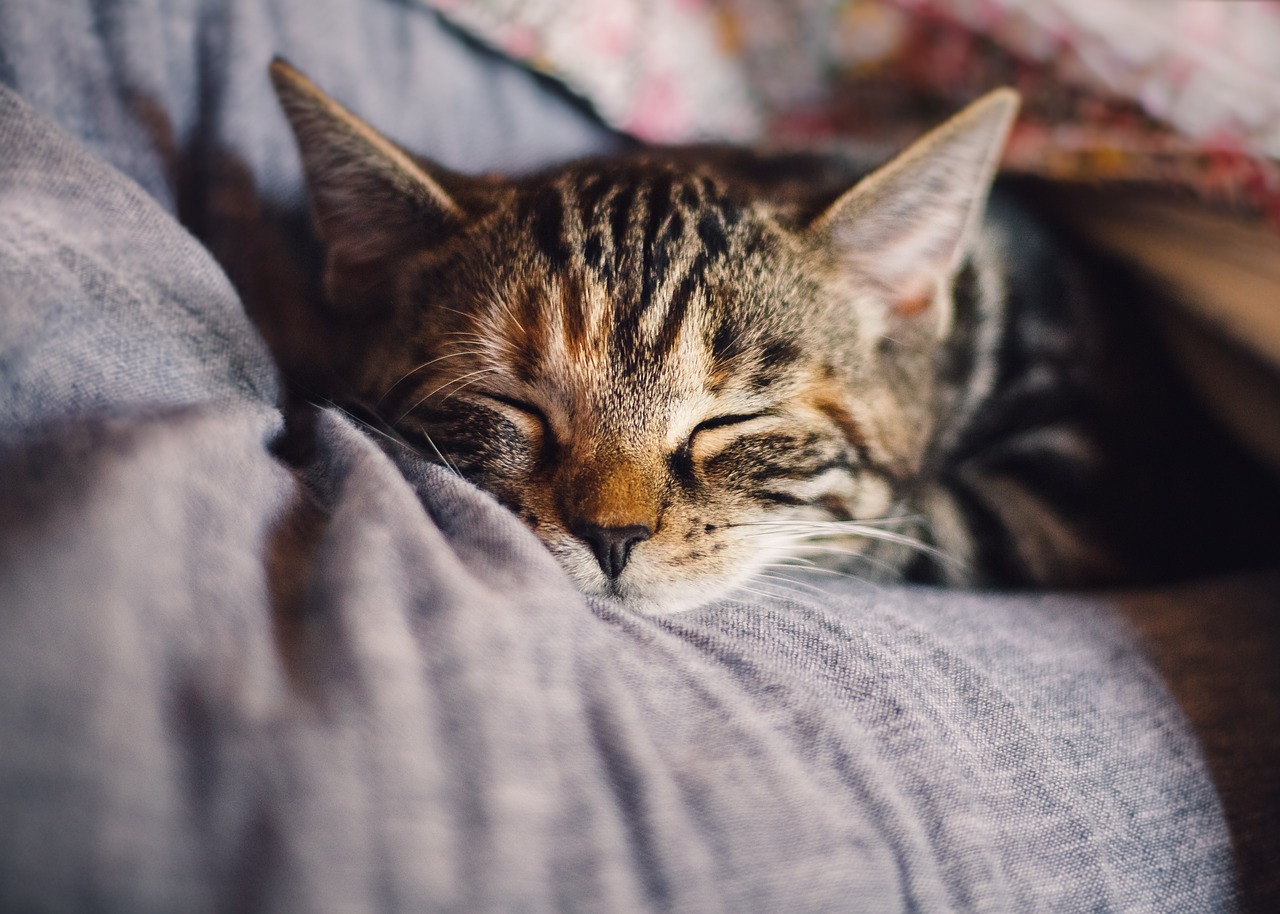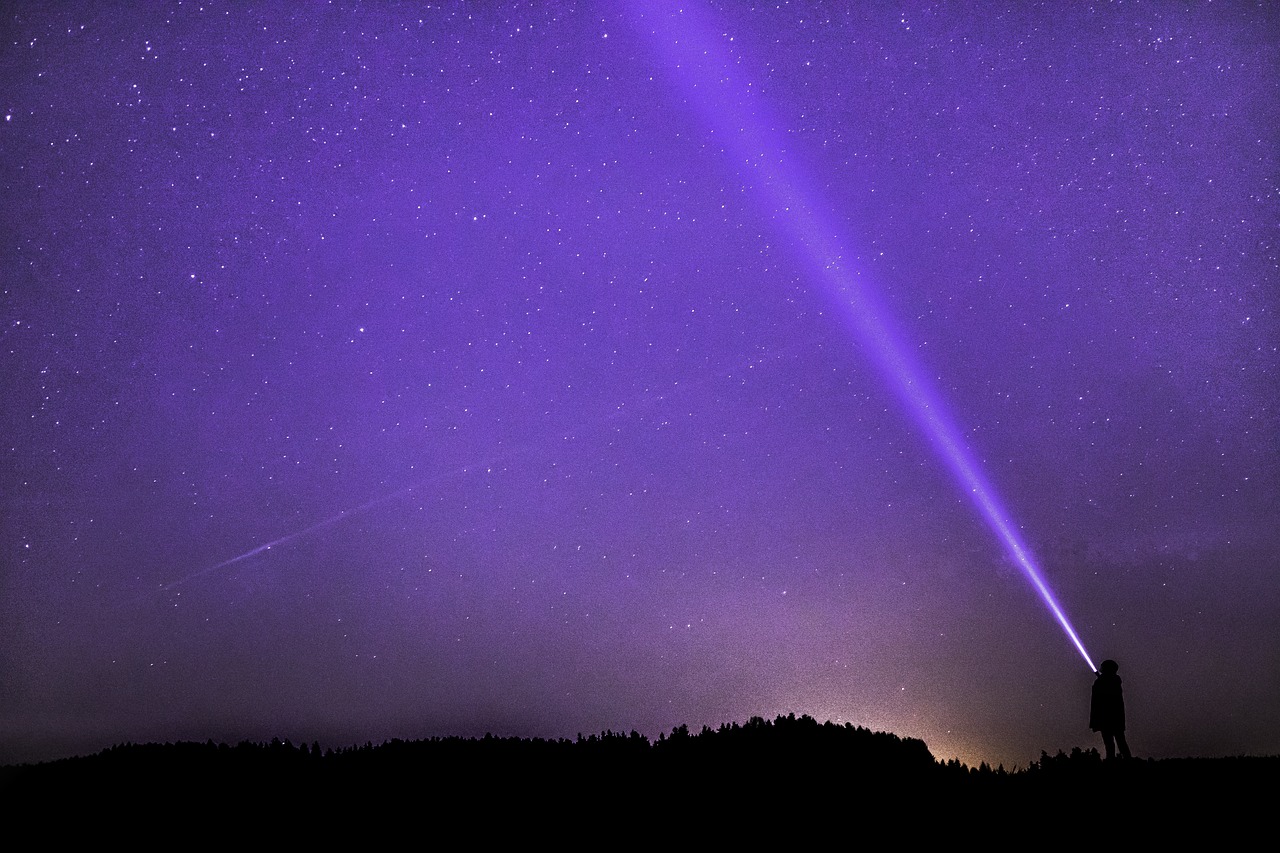Unlocking the Secrets of Sleep: Is Your Chronotype the Missing Piece to Your Restless Nights?

You've tried everything: counting sheep, gummy melatonin supplements, and those endless late-night scrolls with the hope of exhaustion to suddenly kick in. Here you go again, peering into the ceiling. Whether being a student reeling from all-nighters during GCEs or an adult weighed down by stress, insomnia appeared to have taken control. What if your sleep issues aren't about poor habits, but rather ignoring your body's natural rhythm?
It just so happens that the secret to better sleep may be in your chronotype—your unique internal clock. The concept of chronotype, deeply rooted in chronobiology, determines not only when you sleep best but can also explain why your sleep schedule feels broken in the first place.
What is a chronotype? The Science behind Your Internal Clock
Chronotype represents the biologically fixed tendency of your body to be awake or to fall asleep at a particular time of day. According to research in Chronobiology International, chronotypes are biologically fixed and therefore, ruled by the circadian rhythm of the body, which is directly influenced by light, genes, and hormones like melatonin.
Sleep researchers, such as Dr. Till Roenneberg from the University of Munich, have found that people have different chronotypes and may even shift in the course of a lifetime: teenagers tend to be of a later chronotype, whereas older adults move toward an earlier chronotype. Importantly, fighting against the clock—for instance, when students pull all-nighters or when adults work at night—is disrupting our sleep-wake cycle to cause insomnia, fatigue, and even mood disorders.
In fact, a large-scale Harvard University study found that people whose lives run against their chronotype—particularly night owls who are forced into early schedules—suffer from "social jetlag" (a condition that mimics the effect of flying across multiple time zones). This desynchronization between your biological clock and your environment is a major cause of chronic sleep problems.
The Four Chronotypes: Which One Are You?
Sleep psychologist Dr. Michael Breus identified four chronotypes, named after animals that reflect the body's sleep-wake tendencies. Understanding where you fall may be key to regaining control of your sleep.
- Bear: This is about 55% of the population. Bears correspond to the sun's natural rise and set, so they feel more productive during the day. Studies have proven that bears tend to do better in jobs or routines that fall during the daytime and that they suffer from poor sleep when they are made to perform into the late hours of the night.
- Wolf: This is the night owl comprising about 15% of the population. Research studies published in the journal Sleep say that wolves are naturally alert during late afternoon and evening. They generally struggle in handling morning responsibilities, which ultimately leads to performance issues and sleep disturbances when they get into early schedules.
- The Lion: These are the early risers and include around 15% of the population. They are most productive in the morning and start to slow down by early evening. For lions, if they have to stay up late into the night for work or social life, it causes them massive sleep issues and can create insomnia.
- The Dolphin: Dolphins constitute the 10% of the population comprising light sleepers and insomniacs. Dolphins tend to have disrupted sleeping patterns in that they wake up severally during the middle of sleep. They are most vulnerable to disturbances in sleep while in the environment due to noise or light, so it is quite important for them to establish a sleep-conducive routine.
Science of Chronotypes and Insomnia
Knowing your chronotype may be the missing link for sleep disorders. For example, according to the European Sleep Research Society, misalignment between social obligations and biological rhythms may cause melatonin (the sleep hormone) production to be postponed, often serving as a trigger for insomnia.
This is very relevant for students and professionals whose schedules may fluctuate in accordance with exams, deadlines, or social activities. In fact, one study published in the journal Sleep Medicine found that students with a night-owl chronotype had significantly poorer sleep quality and higher levels of daytime sleepiness as compared to those who pursued a schedule in harmony with their natural rhythms.
Therefore, how can you use your chronotype to fix your sleep schedule? Let's break it down, scientifically.
- If you’re a Bear: Keep a sleep schedule that mimics natural light. Scientists found that bears that are still active deep into the night don't have as good sleep efficiency. Be in bed no later than 10 or 11 p.m. and wake up when the sun rises. Place mentally challenging work in mid-morning, as your brain function peaks then.
- If you're a Wolf: Society or peer pressure may lead to the worst kind of social jet lag, which forces you into a nine-to-five lifestyle. If you're a wolf, says the Journal of Biological Rhythms, you can try changing your schedule gradually. That means going to bed 30 minutes earlier each week instead of trying to reform your sleep pattern in one night. Work during the evening hours, and retire to bed only when the body signals that it is ready for sleep.
- If you’re a Lion: According to a study in Frontiers in Neuroscience, lions tend to peak highly in the morning and then crash in the afternoon. In its place, don't cram all your work and social interactions late into the night; save it for the morning to finish off your most important work and then shut down as the evening moves on.
- If you’re Dolphin: The study in the Journal of Sleep Research indicates that they normally have very fragmented sleep, for which it is necessary to set up an extremely structured approach to sleep hygiene. Sleep hygiene techniques are helpful for dolphins, too, including minimalizing screen time before bed, creating a cool and dark sleeping space, and avoiding stimulants like caffeine.
The Student Sleep Crisis: Chronotypes and Exam Season
Students are often forced into huge disruptions of sleep patterns as they begin burning the midnight oil in preparation for exams such as the GCEs but what does the science say? A study from the University of California, Berkeley found that students who don't get enough sleep and/or don't let their chronotype determine when they study fare worse on tests than those whose study sessions fell at an optimal time of their chronotypes. An example is night-owl students—wolves—who start early-morning study sessions experiencing a big drop in cognitive performance.
Instead, chronotype is something a student should tailor study schedules around:
- Bears shall study from early to late afternoon, making sure the middle of the day is utilized as their peak time.
- Wolves should do targeted sessions late in the afternoon up to early evening hours and avoid any early morning hours.
- Lions, on the other hand, shall begin with the early morning sessions of concentrated study and avoid late night cramming sessions.
- Dolphins, being the peculiarly sleeping creature they are, shall slice their study sessions into as small sizes as possible.
Living in the whirlwind that is GCE, I know full well that sometimes, you just can't bully the brain into sleep because it simply refuses to go to sleep. So what I do instead is try to make the best of those moments when my body was at its most alert, and little by little, the restless night began to decrease.
Chronotypes and Adults: How to Retrieve Sleep After Burnout
Most adults tend to fail to consider their chronotype, sacrificing it in favor of work or family matters. According to research from the National Institutes of Health, constantly fighting against one's rhythm increases the risk of insomnia, anxiety disorders, and even cardiovascular conditions.
Research at the University of Surrey concluded that matching work schedules to chronotype results in better sleep quality, lower stress levels, and higher job performance overall for adults. By adjusting work hours or taking breaks at times when the body is naturally in low energy, an adult can rebalance his or her circadian rhythm and, in time, even help manage sleep problems.
Conclusion: It's the Science—Your Chronotype Is the Key to Better Sleep
If you've been experiencing insomnia or anything related to poor sleep, the answer may lie in your chronotype. Not only does understanding the biological rationale behind sleep-wake preferences help in setting the right schedule according to the natural rhythm of the body, but this could substantially improve the quality of sleep, productivity, and overall well-being in the long run.
Rather than beating yourself up, with restless nights and tired days, learn to understand your inner clock. This isn't some self-help fad; rather, it's hard science that can revolutionize the way you think about your sleep and your waking lives.
It's time to stop forcing yourself into a mold and to really embrace your natural rhythm.
Written by Aasiya Buhari, someone who juggles schoolwork and a deep interest in science, I hope this article inspires others to find time for their passions. Thank you for reading.
Similar Post You May Like
-

CFCs, HFCs and their long, troubled history
At its peak, the ozone hole covered an area 7 times larger than the size of Europe, around 29.9 million km2, and was rapidly expanding
-

The Origin of Universe: Deciding point where it all began!
Let us unravel and surf through the ideas throughout ages to understand what the universe and its origin itself was to its inhabitants across history.
-

The Artemis Program
Inspired by the Greek goddess of the Moon, twin sister to Apollo, the artimis program was named on 14 May 2019 by Jim Bridenstine.






